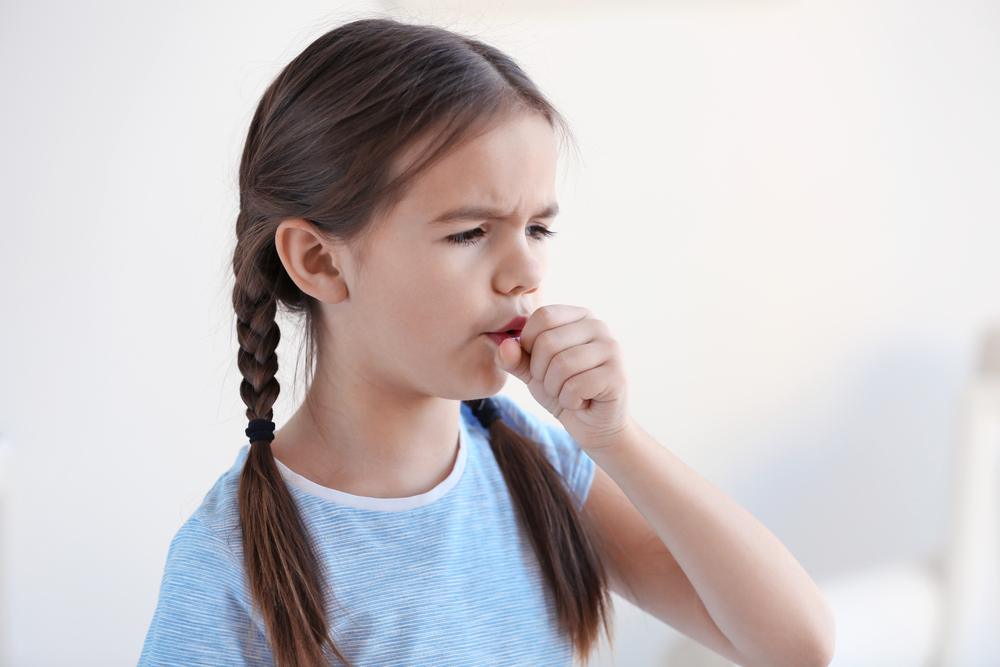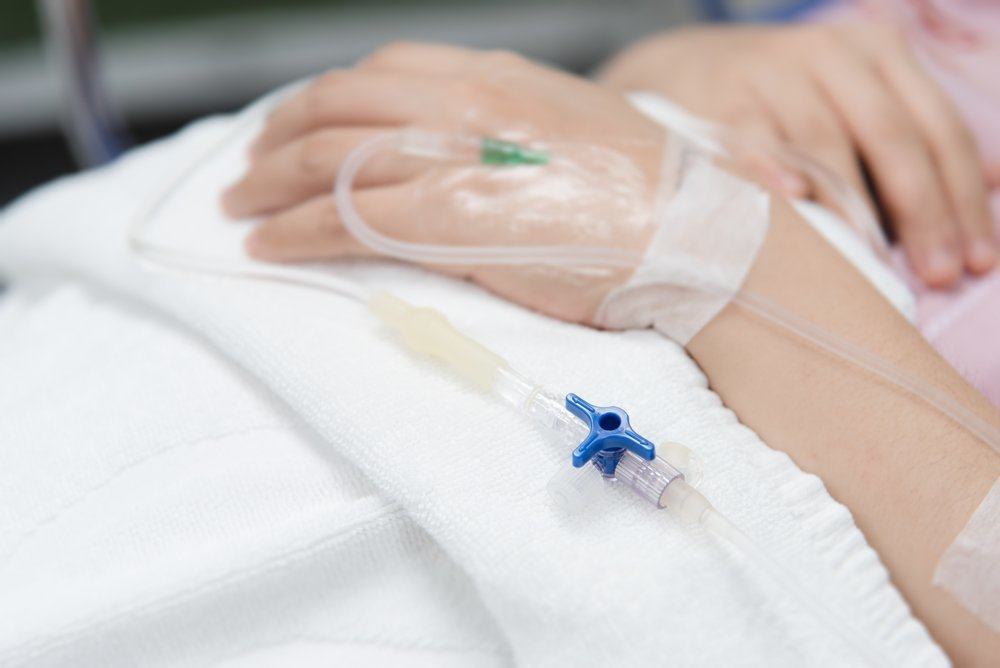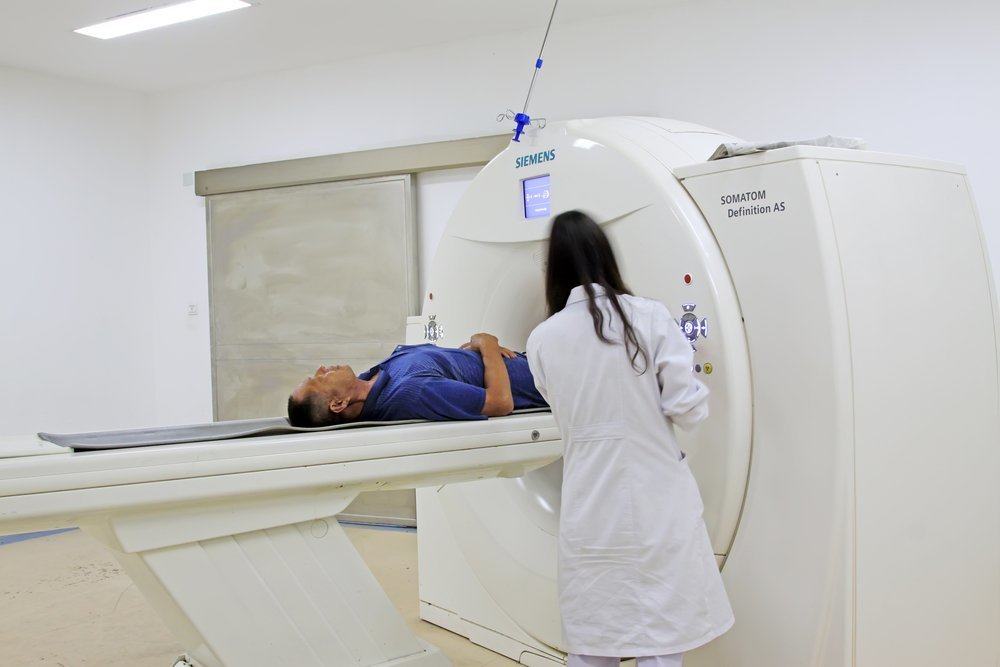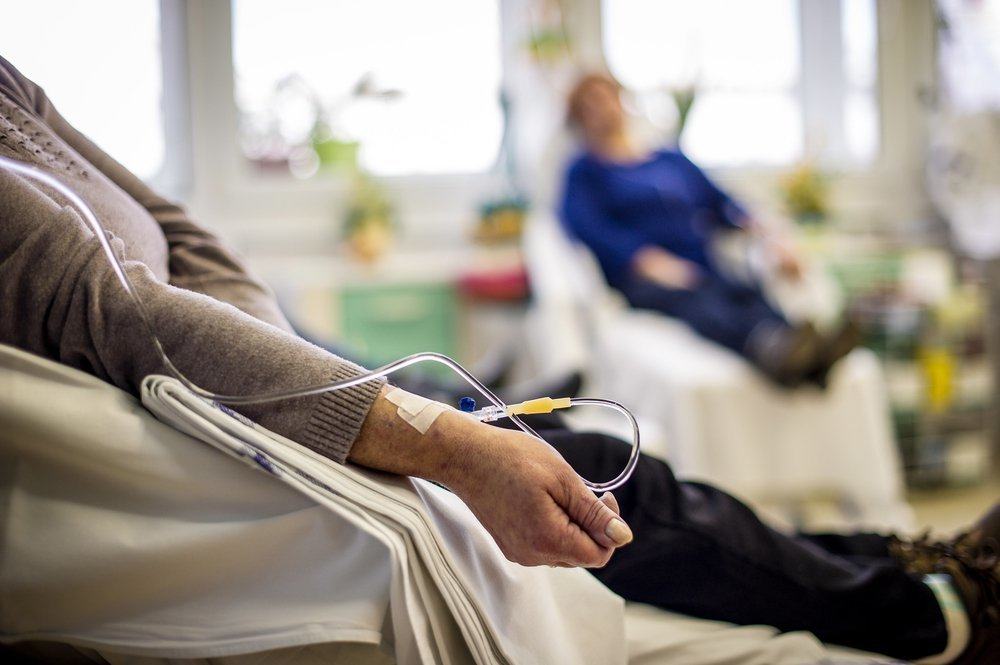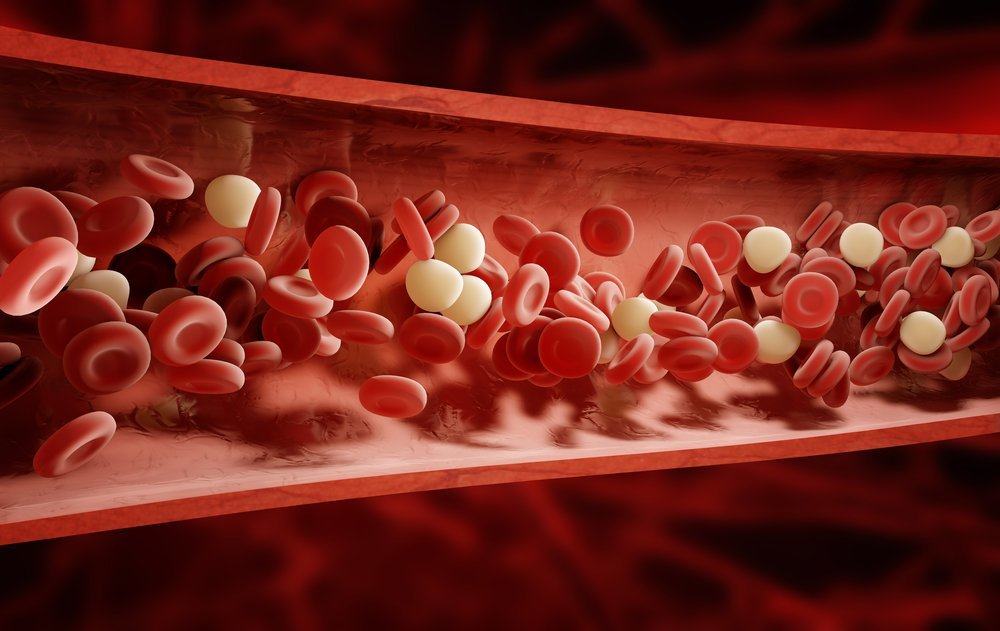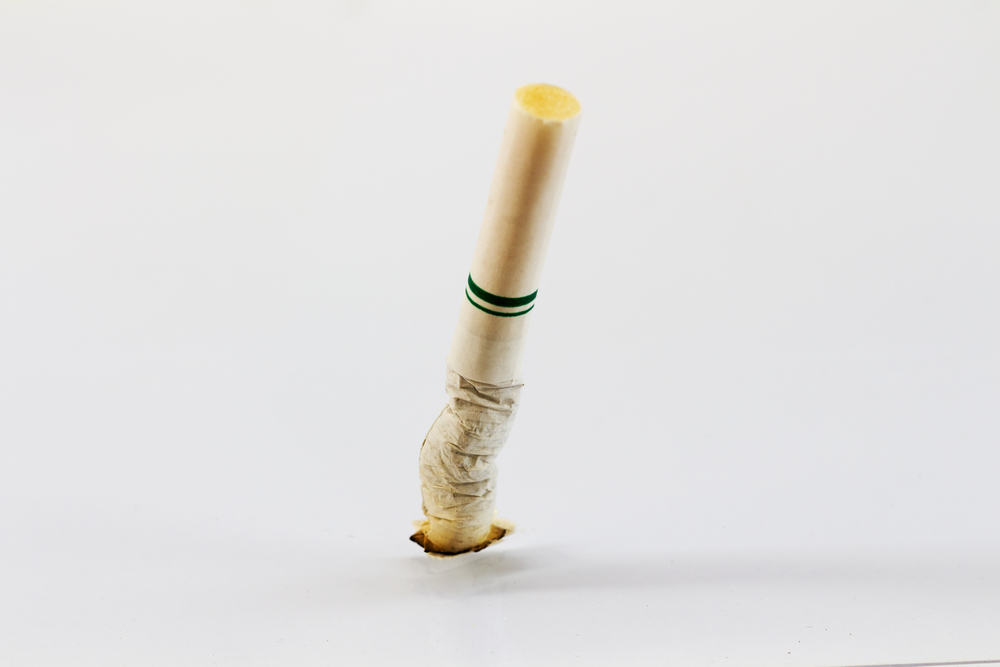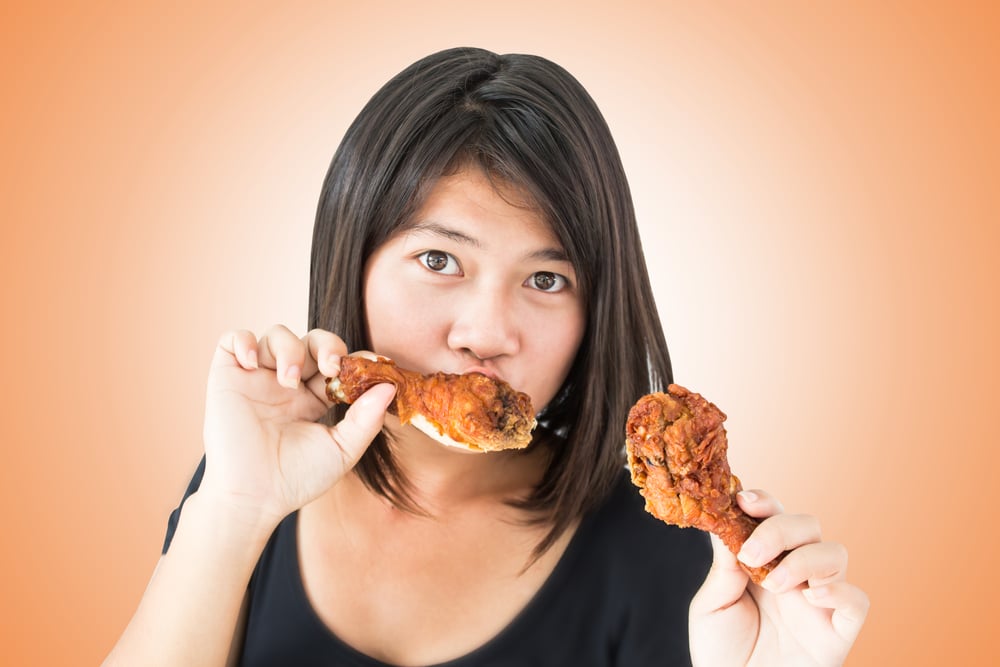Contents:
- Medical Video: Whooping Cough Still Making Noise
- What is pertussis?
- Stages of whooping cough infection
- If left untreated, complications of whooping cough can be fatal
- Whooping cough can be prevented by vaccines
Medical Video: Whooping Cough Still Making Noise
Young children often cough because their immune systems are not as strong as older children and adults. Usually coughing can be treated using generic drugs without having to redeem a doctor's prescription. However, if the child's cough lasts long, the cough is severe, also accompanied by gasps and wheezing (breathing sounds), you need to immediately take him to the doctor. This symptom is feared to be a sign of pertussis disease aka whooping cough. What is the danger?
What is pertussis?
Pertussis, known as whooping cough, is a respiratory tract infection caused by bacteria Bordetella pertussis. Whooping cough is very easily transmitted through the mouth and nose. For example, when a child coughs or sneezes does not close the mouth. Spit and saliva that spray can hit other people around it, so that bacteria can enter and multiply in the new host's body.
Pertussis is more common in infants less than one year and young children aged one to six years.
Stages of whooping cough infection
Signs and symptoms of whooping cough usually appear about 10 days after infection. The pertussis infection process is divided into three phases. The first begins with the katarhal phase which is characterized by common flu symptoms (nasal congestion, runny nose, coughing, sneezing, red eyes, and mild fever). Although it seems trivial, this phase is the most contagious period. This phase can last up to several weeks after cough symptoms appear.
The next phase is paroxysmal, which is characterized by continuous cough symptoms that last for several minutes. In children who are already rather large, coughing will be accompanied by wheezing that is hard when breathing. Symptoms of pertussis during this phase can also be accompanied by vomiting after coughing. In this phase, coughing mainly occurs at night.
The last phase is konvalesens, where the child will still experience a chronic cough that lasts up to several weeks after the paroxysmal phase has passed. Pertussis cough symptoms last a long time and take a long time to heal. That is why whooping cough is also known as 100 days cough - although the duration of the illness is not really 100 days.
If left untreated, complications of whooping cough can be fatal
The first phase of the development of pertussis cough is a period in which infection is very susceptible to contagious. However, in the second phase parents need to be very careful and not delay medical treatment. The paroxysmal phase has the highest risk of death.
Because the hard cough that occurs continuously for several minutes can cause the child's lungs to fatigue. There is a high probability that the child can experience shortness of breath or even difficulty breathing (apnea). In the end, a tired lung can make a child lack of oxygen (hypoxia) and lead to fatal respiratory failure.
About half the number of infants aged less than 1 year who are infected with pertussis cough must undergo hospital treatment for serious respiratory complications such as pneumonia, or brain abnormalities. A Danish study reports that babies who experience pertussis cough are at a higher risk of developing epilepsy in childhood.
According to data from the World Health Organization (WHO), there are around 30-50 million cases of whooping cough per year in the world and cause 300,000 deaths. In the United States, cases of this disease are estimated at around 800,000 to 3.3 million cases per year.
Whooping cough can be prevented by vaccines
Whooping cough is easily transmitted. But DtaP and Tdap vaccines can help prevent the spread of infection. The risk of transmission can even be reduced drastically by 55 percent only with vaccines.
As for handling it, which must be considered by parents is the therapy given is more supportive, pay attention to nutritional intake and fluid needs of children. Second is to prevent respiratory failure and lack of oxygen.
Third, children aged less than 1 month who experience whooping cough will be treated in isolation rooms and given antibiotics (erythromycin and azithromycin).

